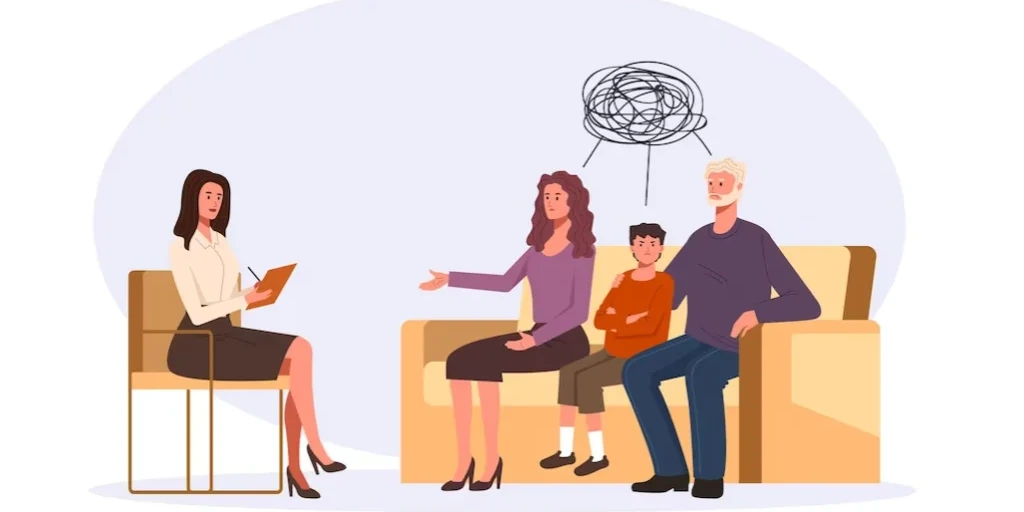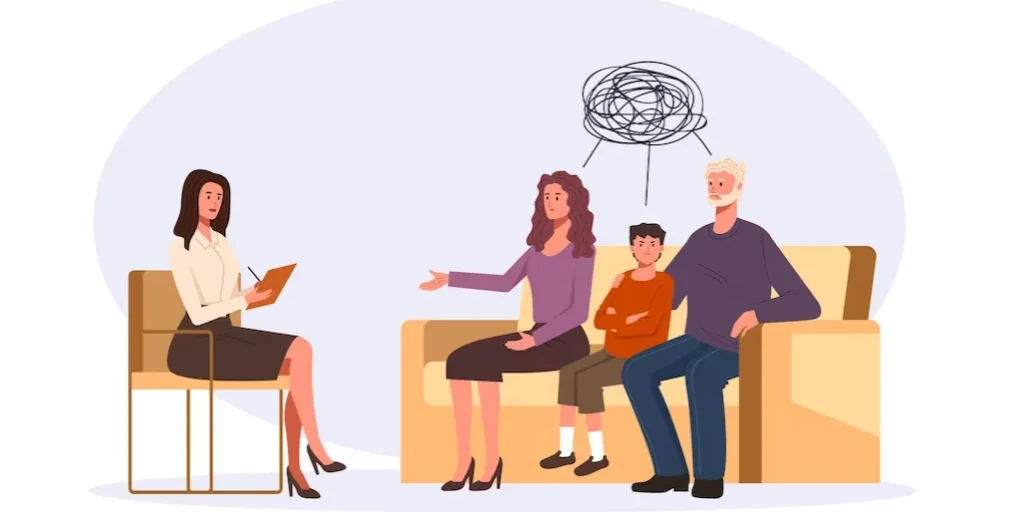24/7 Helpline:
(866) 899-221924/7 Helpline:
(866) 899-2219
Learn more about Depression Treatment centers in Allen County

Other Insurance Options

Humana

Aetna

Optima

Evernorth
Beacon

Private insurance

Sutter

Magellan Health

Oxford

Excellus

Access to Recovery (ATR) Voucher

Kaiser Permanente

Molina Healthcare

Health Choice

Choice Care Network

Health Partners

Covered California

Group Health Incorporated

GEHA

Meritain

Time Out Community Counseling and Correctional Services
Time Out Community Counseling and Correctional Services offers outpatient treatment for individuals ...

LifeSkills Service Center – Allen County
LifeSkills Service Center – Allen County is a private rehab located in Scottsville, Kentucky. LifeSk...

More to Life Counseling
More to Life Counseling offers faith-based and evidence-based counseling services for individuals, f...
































































